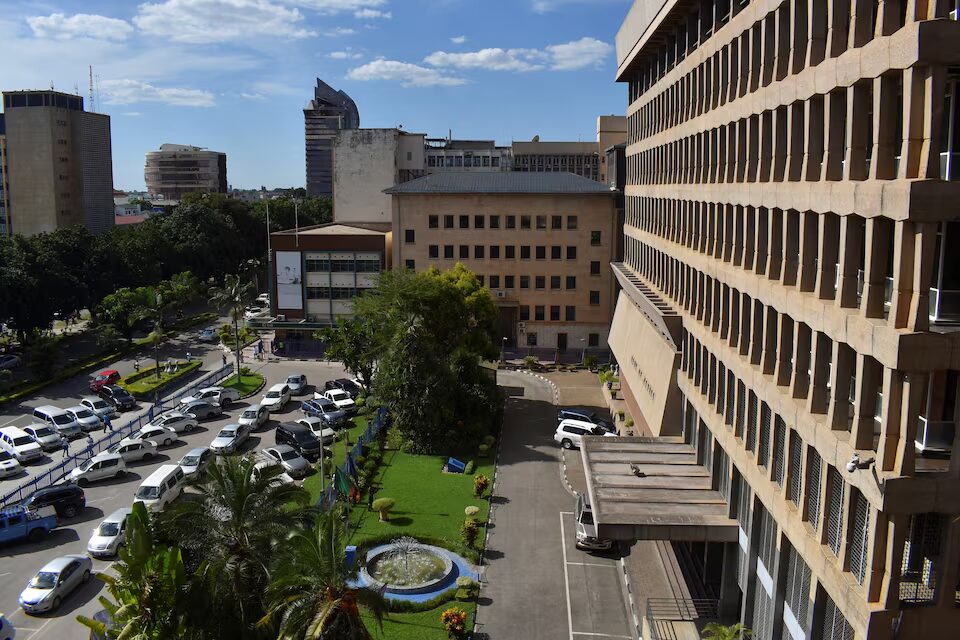
Thursday 27th November 2025

by inAfrika Newsroom
Mauritania EDGE partnership strategy has been launched by the World Bank Group to support economic diversification and jobs. The new Country Partnership Framework for 2026–2030 focuses on “Economic Diversification for Growth and Employment” and aligns with Mauritania’s long-term SCAPP development vision. It concentrates on four areas: more and better jobs, stronger institutions, better-connected communities and a more resilient population.
The Mauritania EDGE partnership strategy aims to move the economy beyond heavy dependence on extractive industries such as iron ore and gas. The World Bank, IFC and MIGA will use a joint “One WBG” approach to crowd in private investment and support reforms. Moreover, the programme will back human-capital investments in education and health so that young people can compete for new roles in agribusiness, services and green industries.
Officials say the framework comes at a “moment of significant opportunity” as new energy and infrastructure projects take shape. However, they warn that inequality, climate risk and governance gaps could undermine gains if reforms stall. Civil-society groups are calling for strong transparency around contracts and the use of public funds.
The World Bank Group plans to prepare a pipeline of lending and advisory operations, including projects on transport corridors, digital connectivity and investment-climate reform. It will also look for partnerships with regional development banks and private funds. If the Mauritania EDGE partnership strategy delivers a more diverse private sector, it could reduce vulnerability to commodity price swings and expand tax bases. Monitoring results and feedback from communities will be key.
Mauritania’s shift echoes a wider continental push to turn natural-resource wealth into broad-based prosperity. A well-designed Mauritania EDGE partnership strategy can show how coordinated support from lenders, investors and government can build new value chains. When more jobs arise in manufacturing, services and climate-resilient agriculture, young people gain options beyond migration or informal work. The experience may inform similar frameworks in other resource-rich but undiversified economies, from the Sahel to coastal West Africa.


